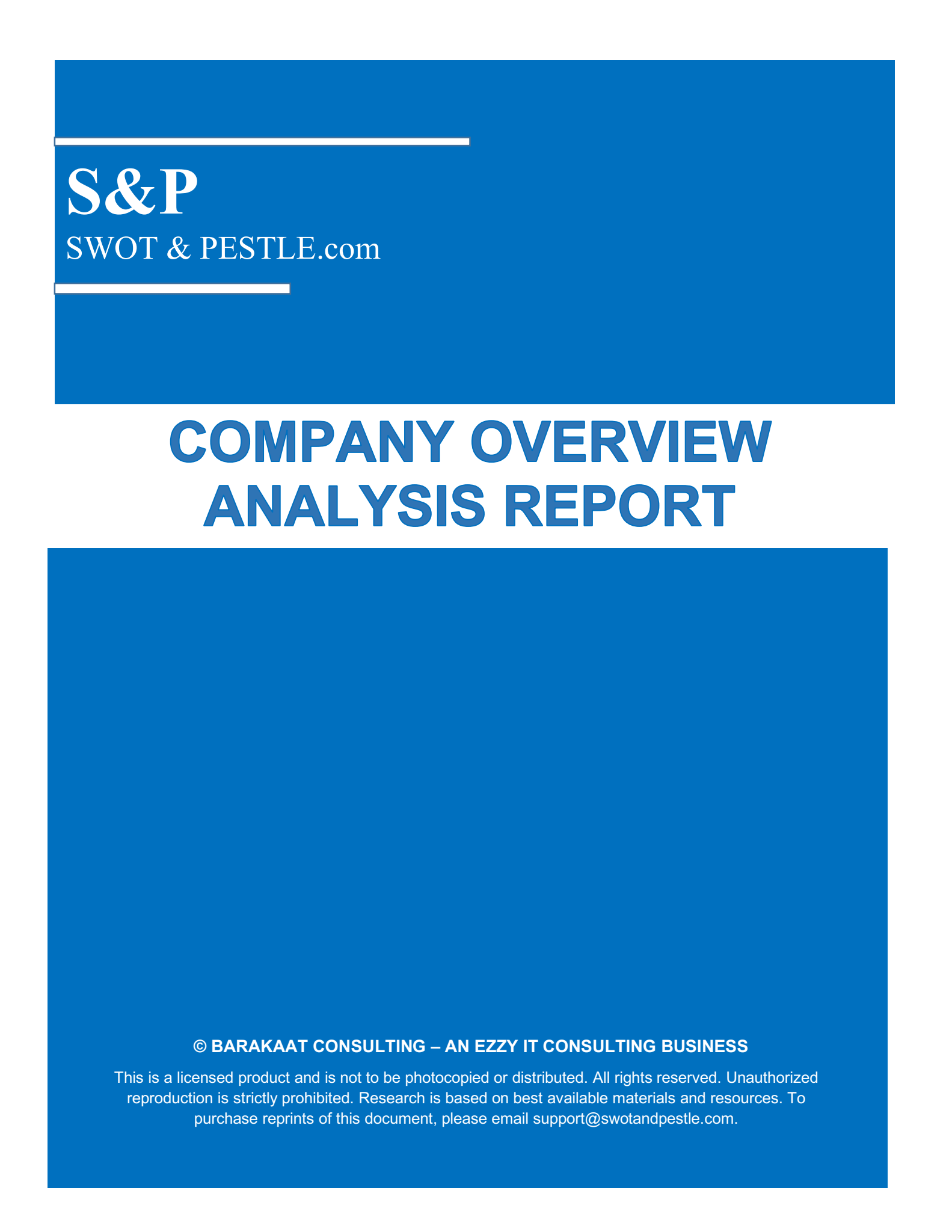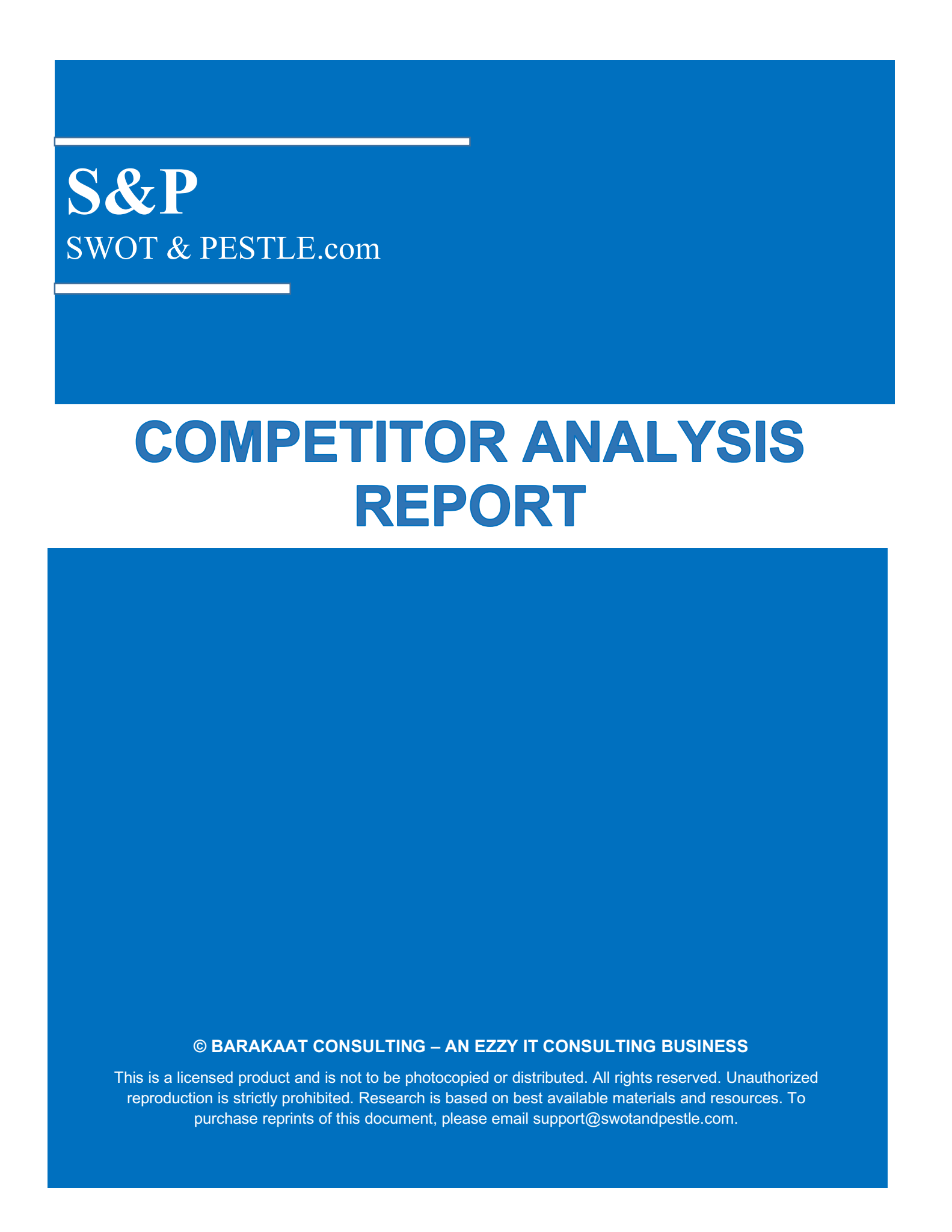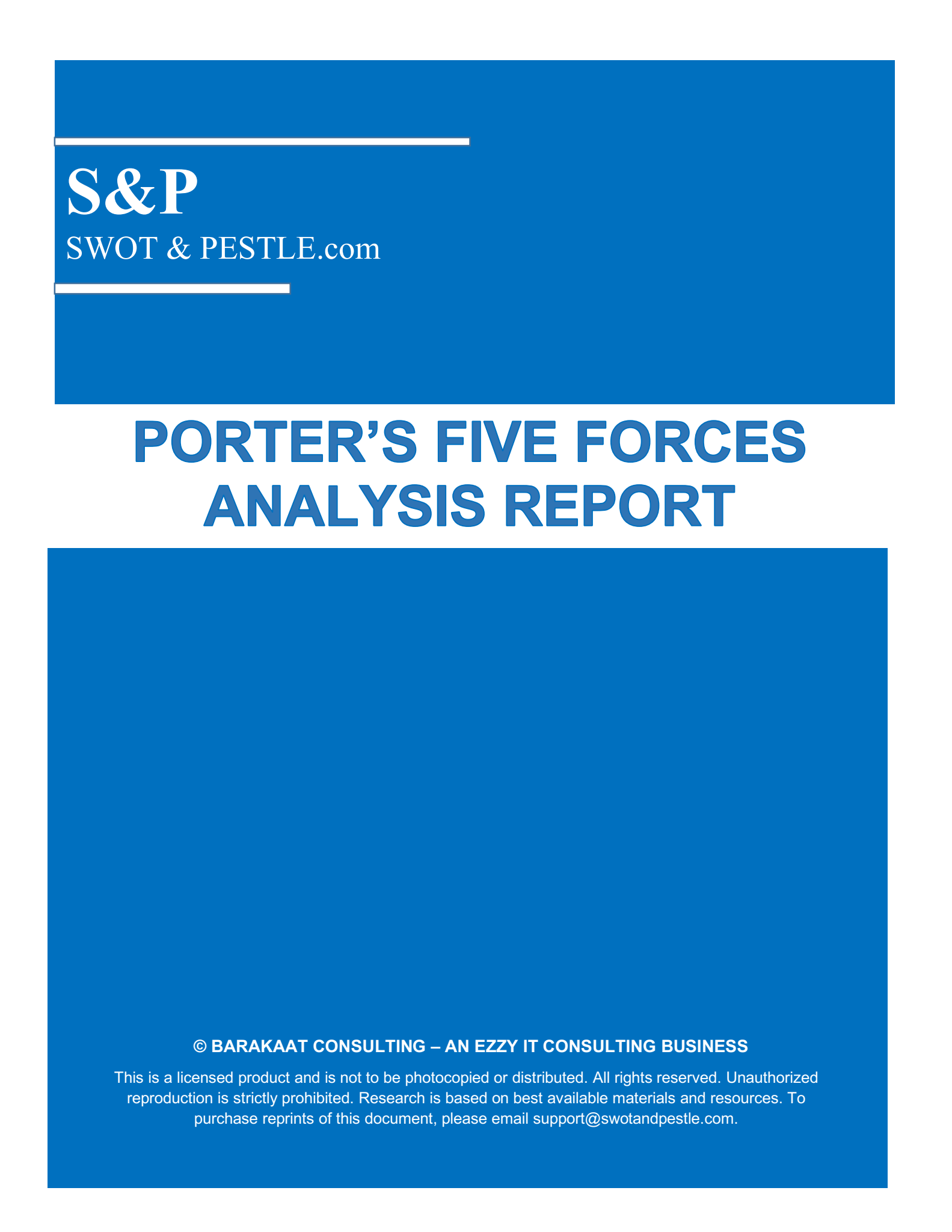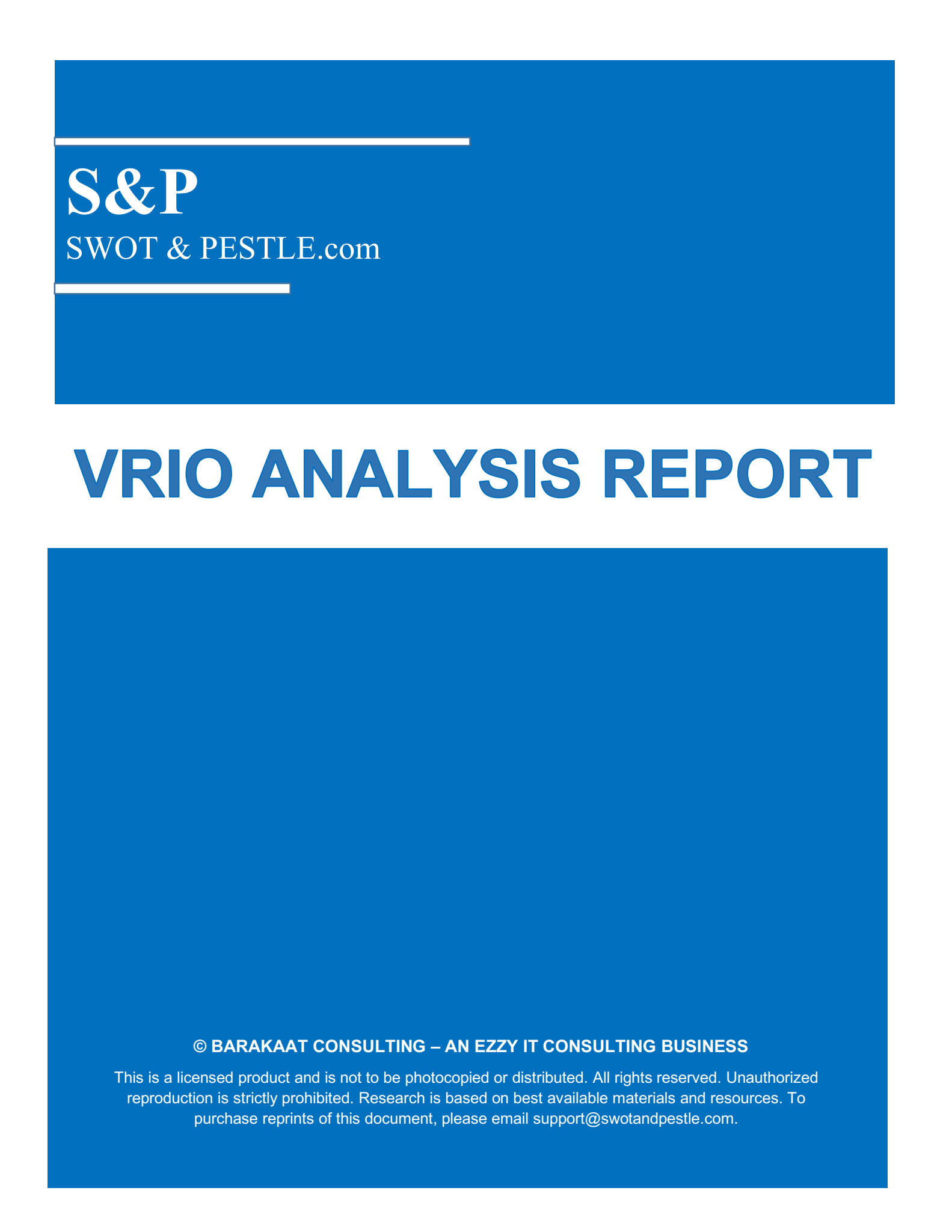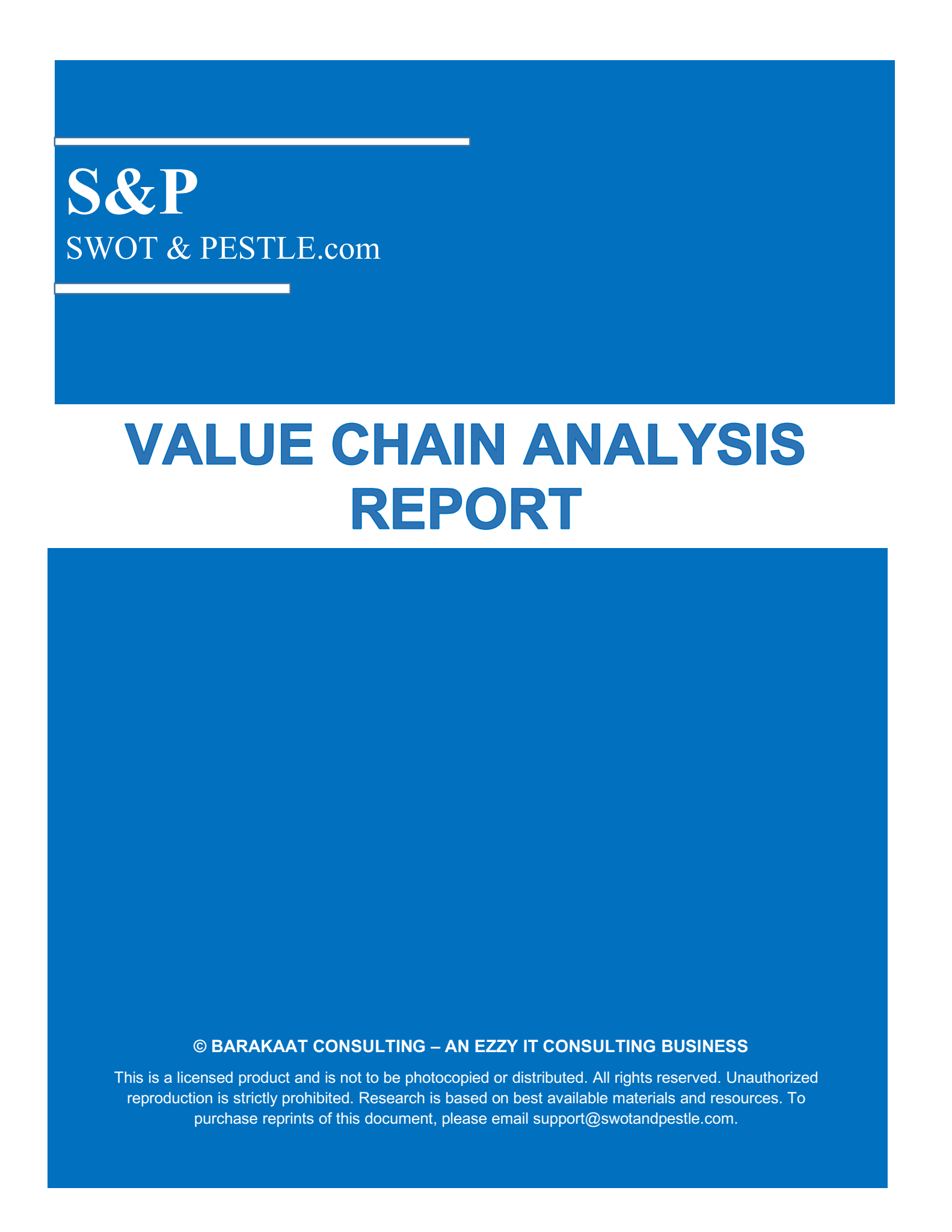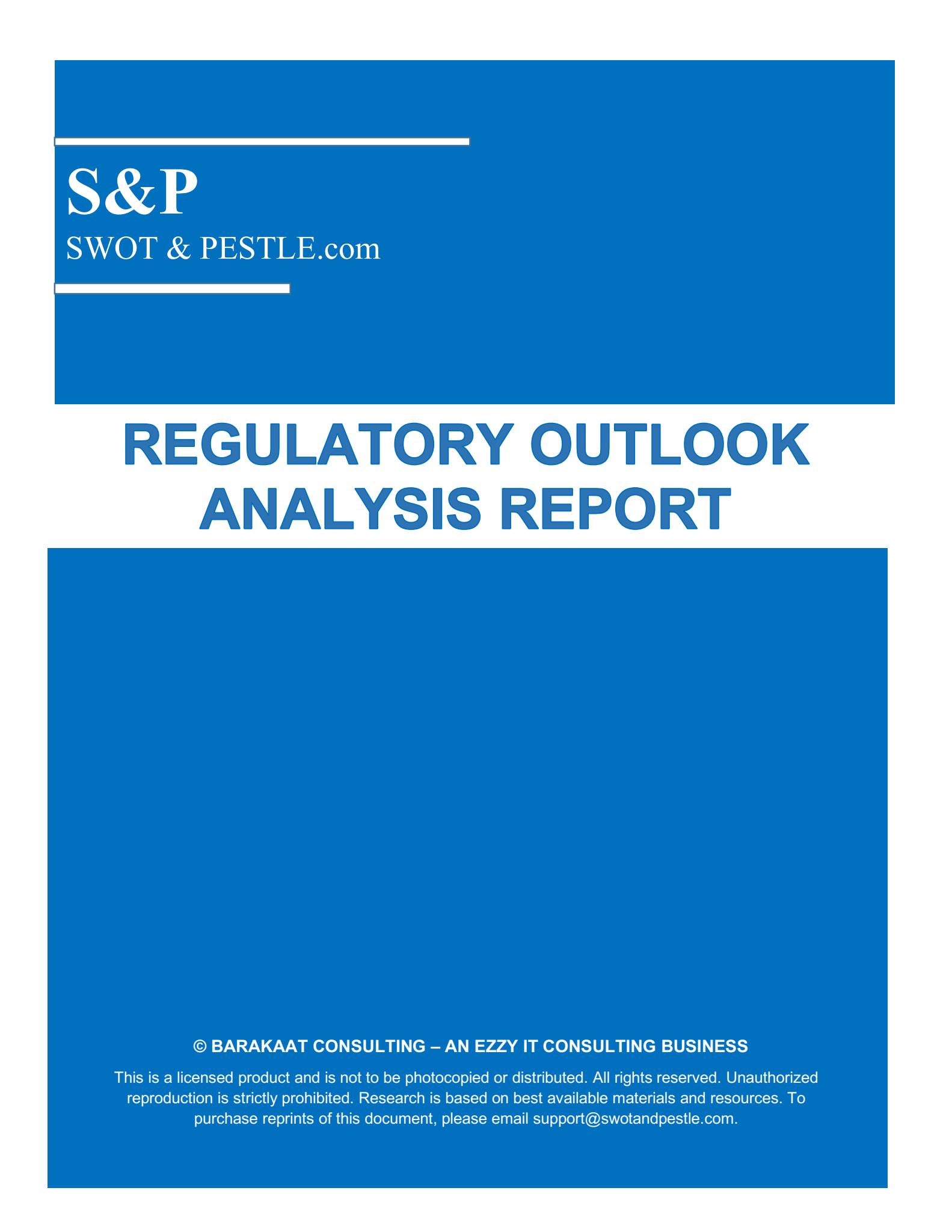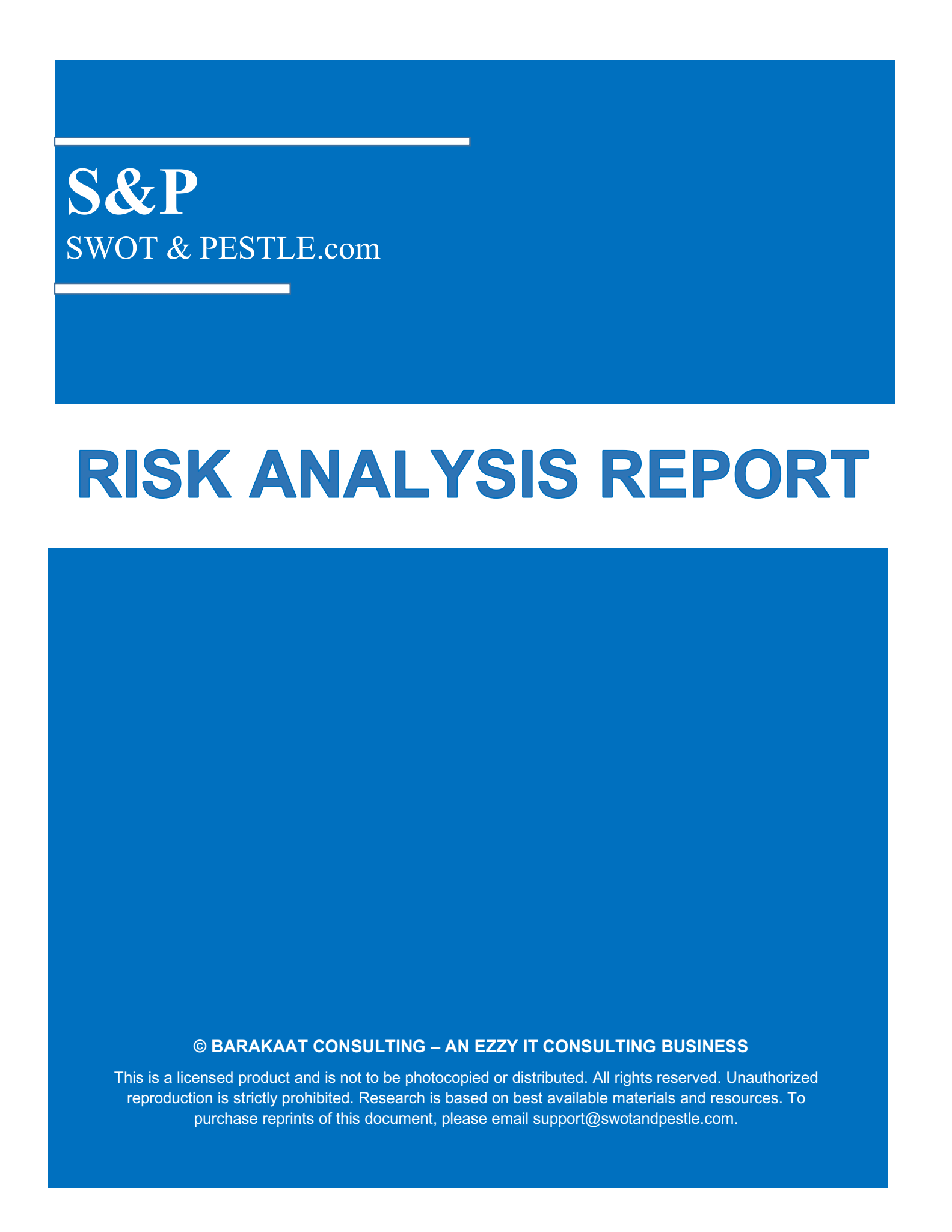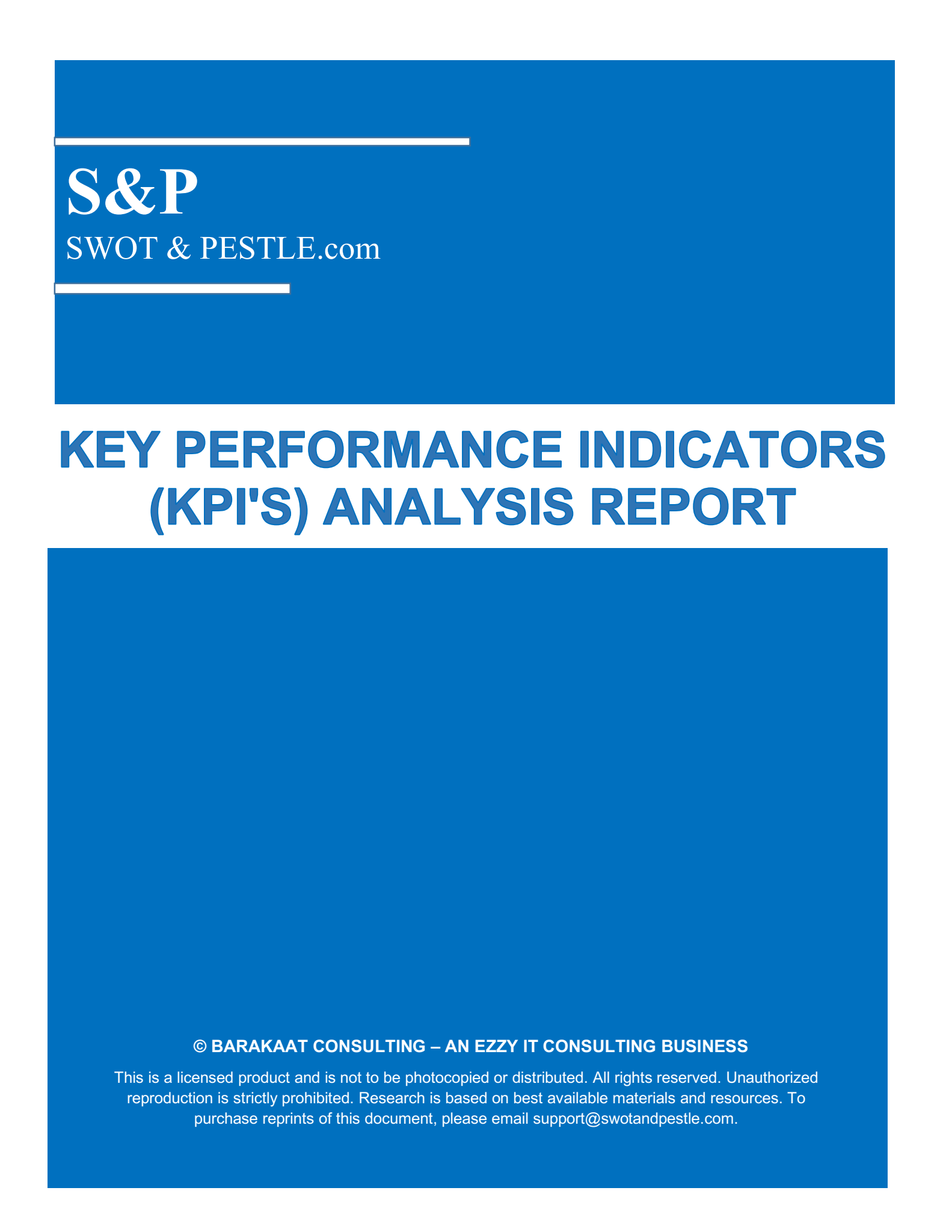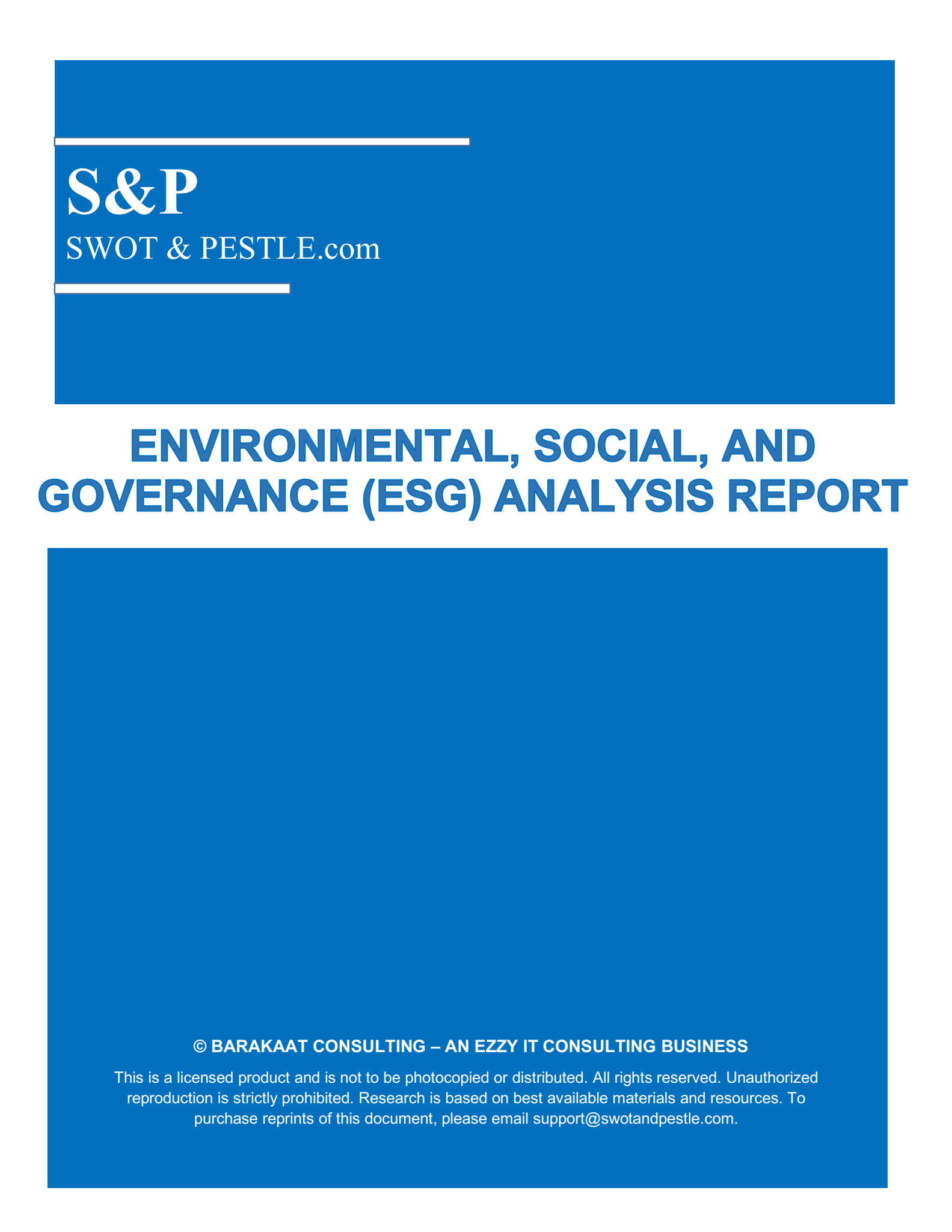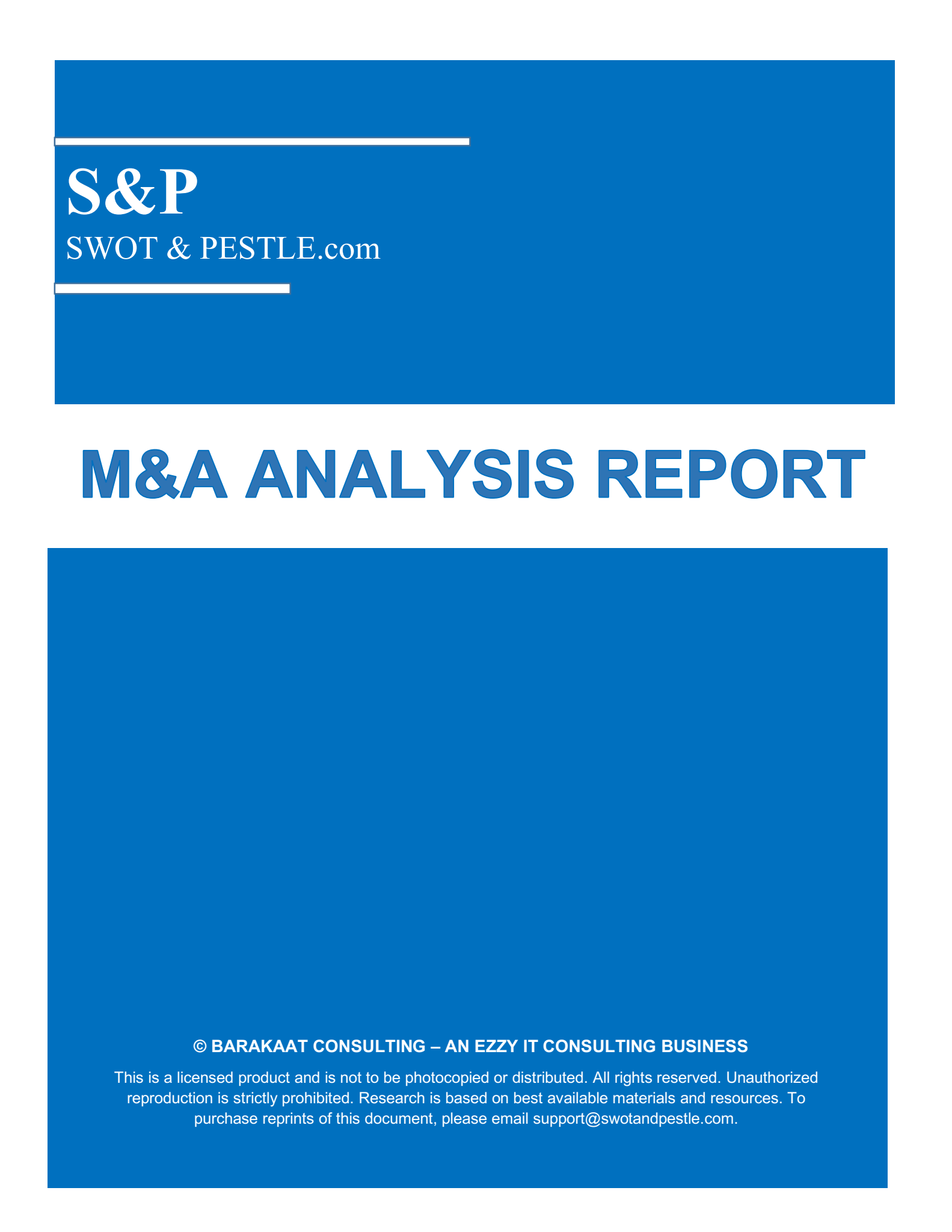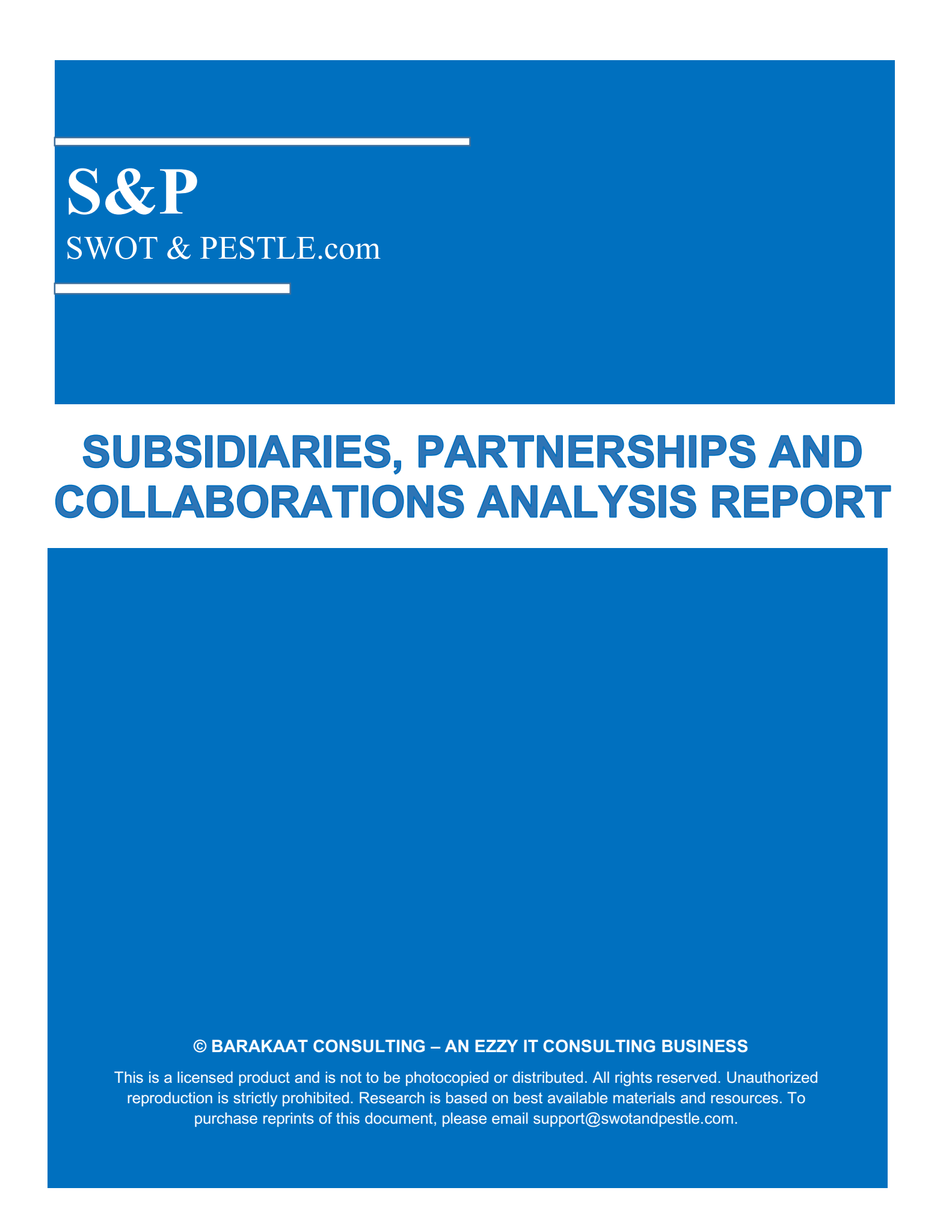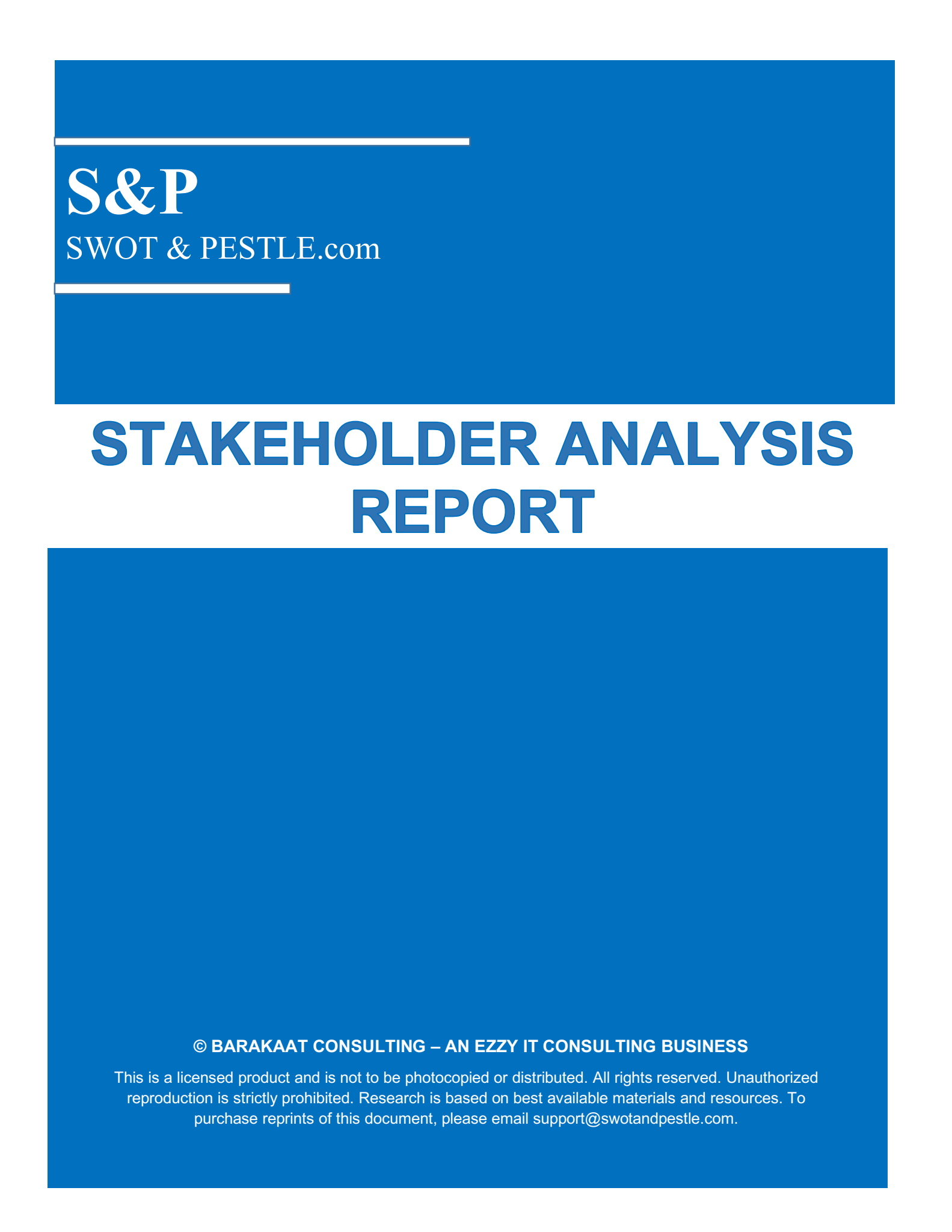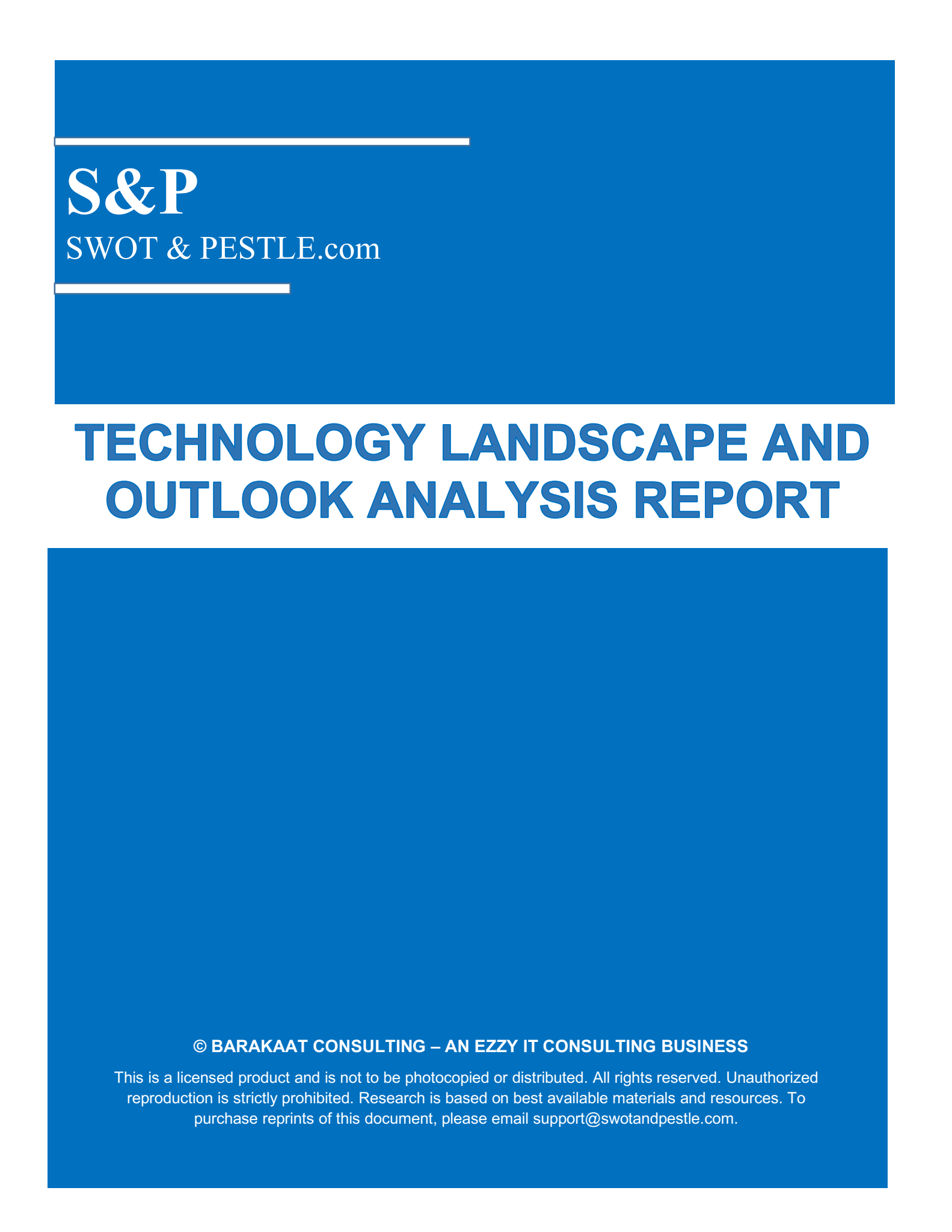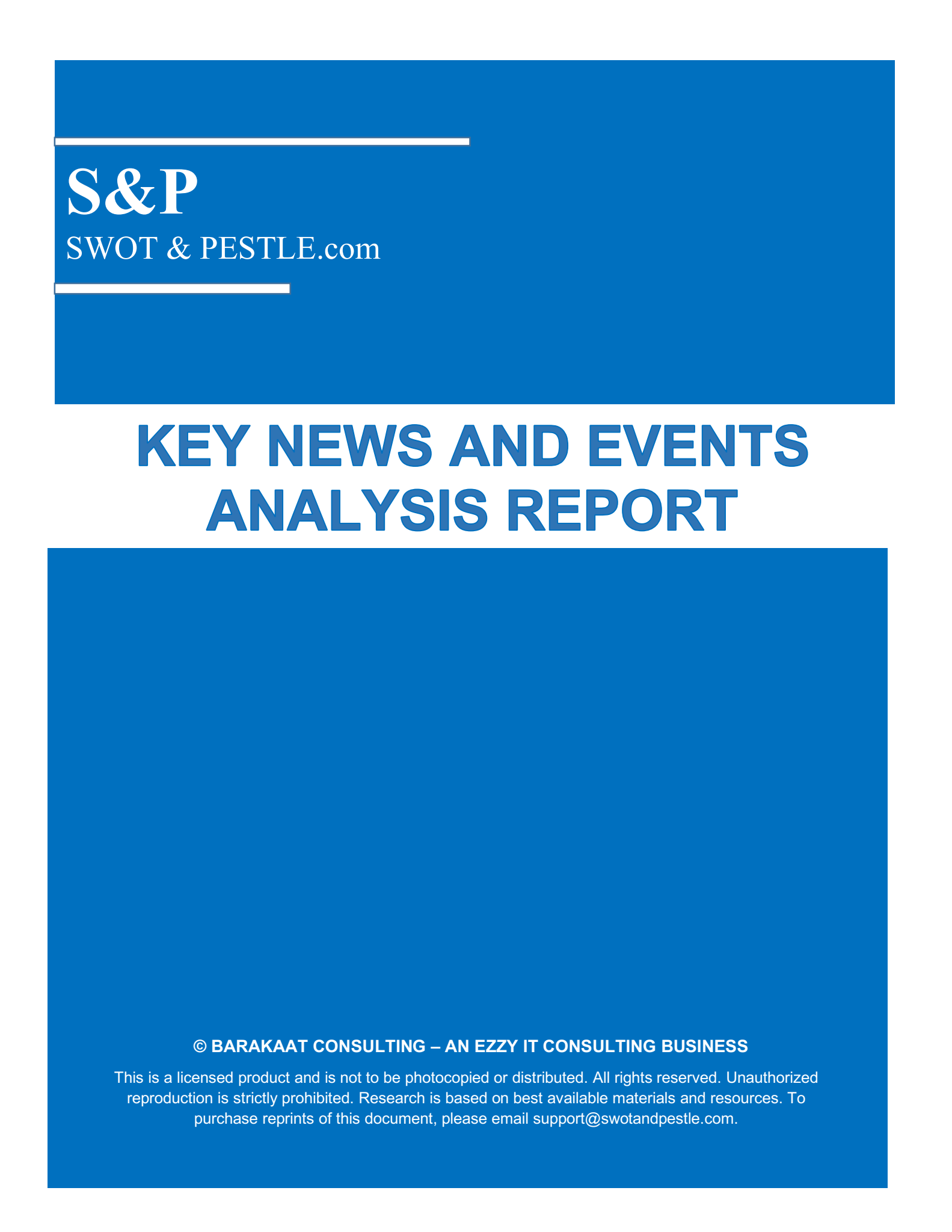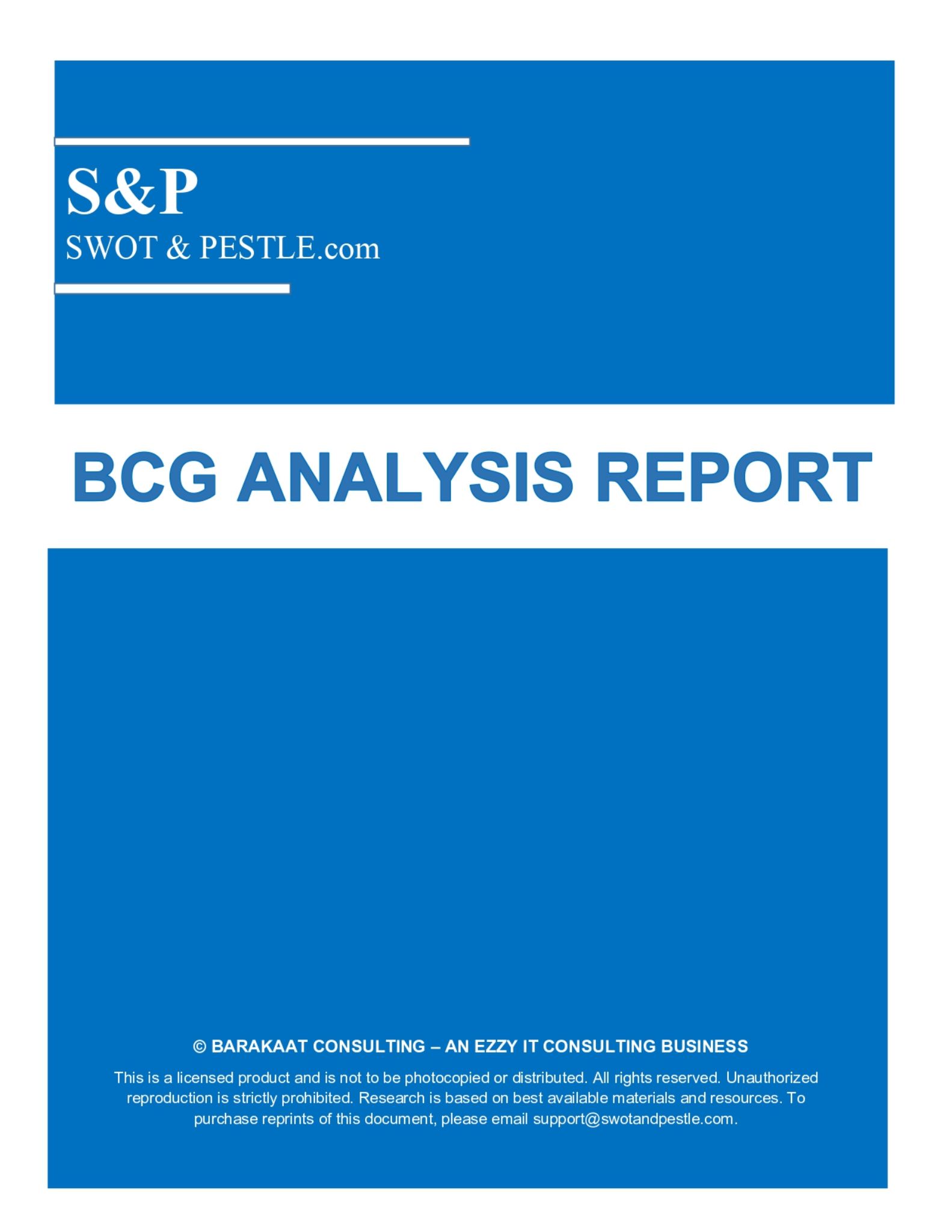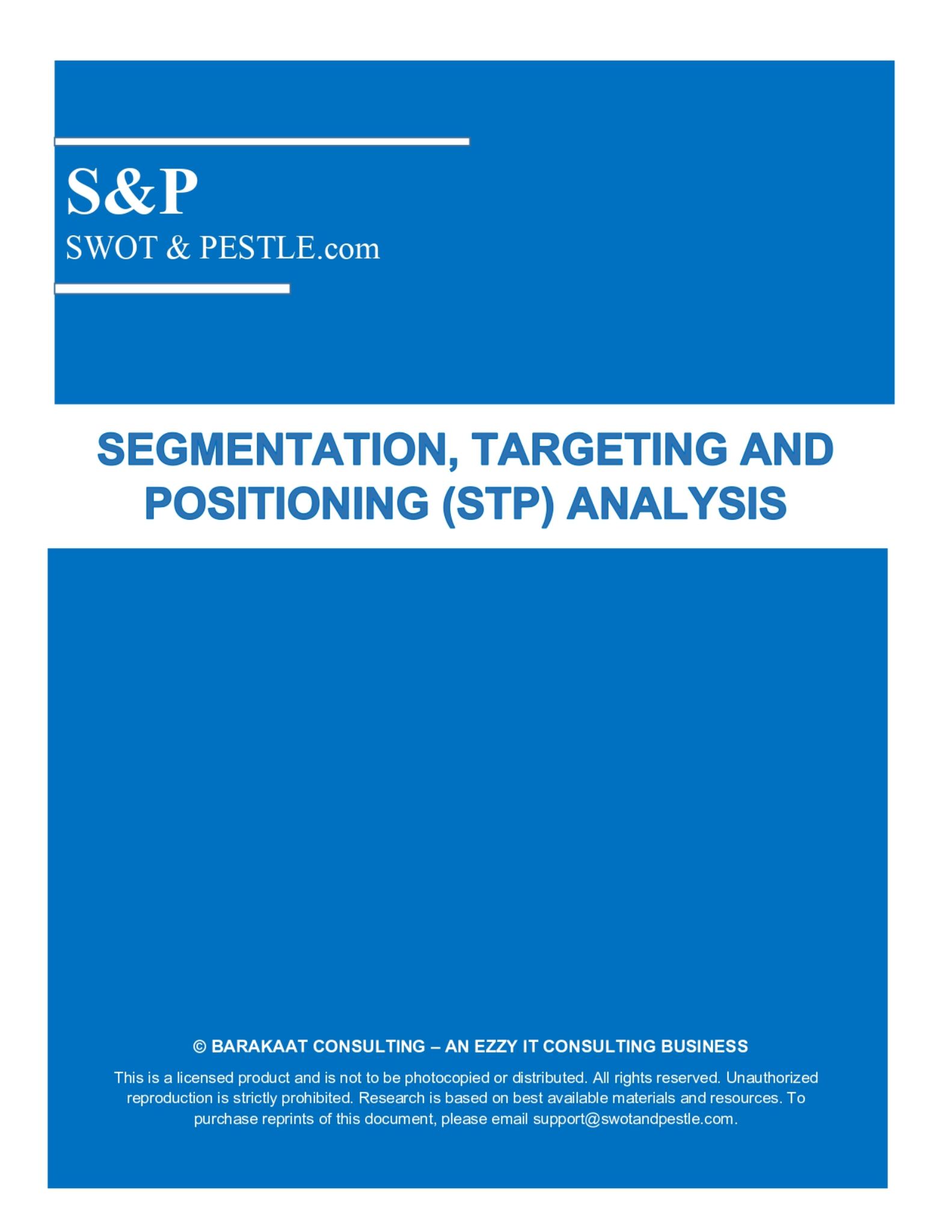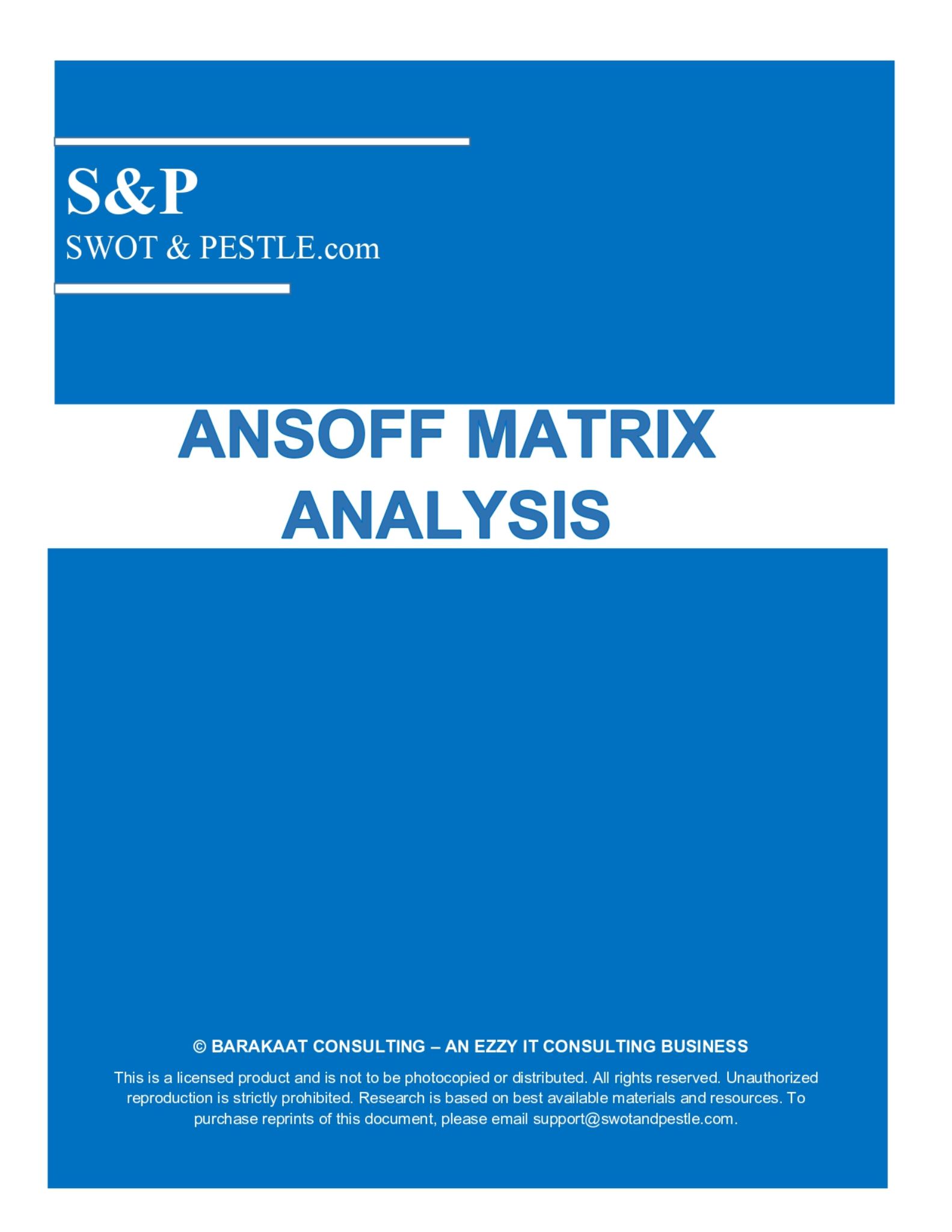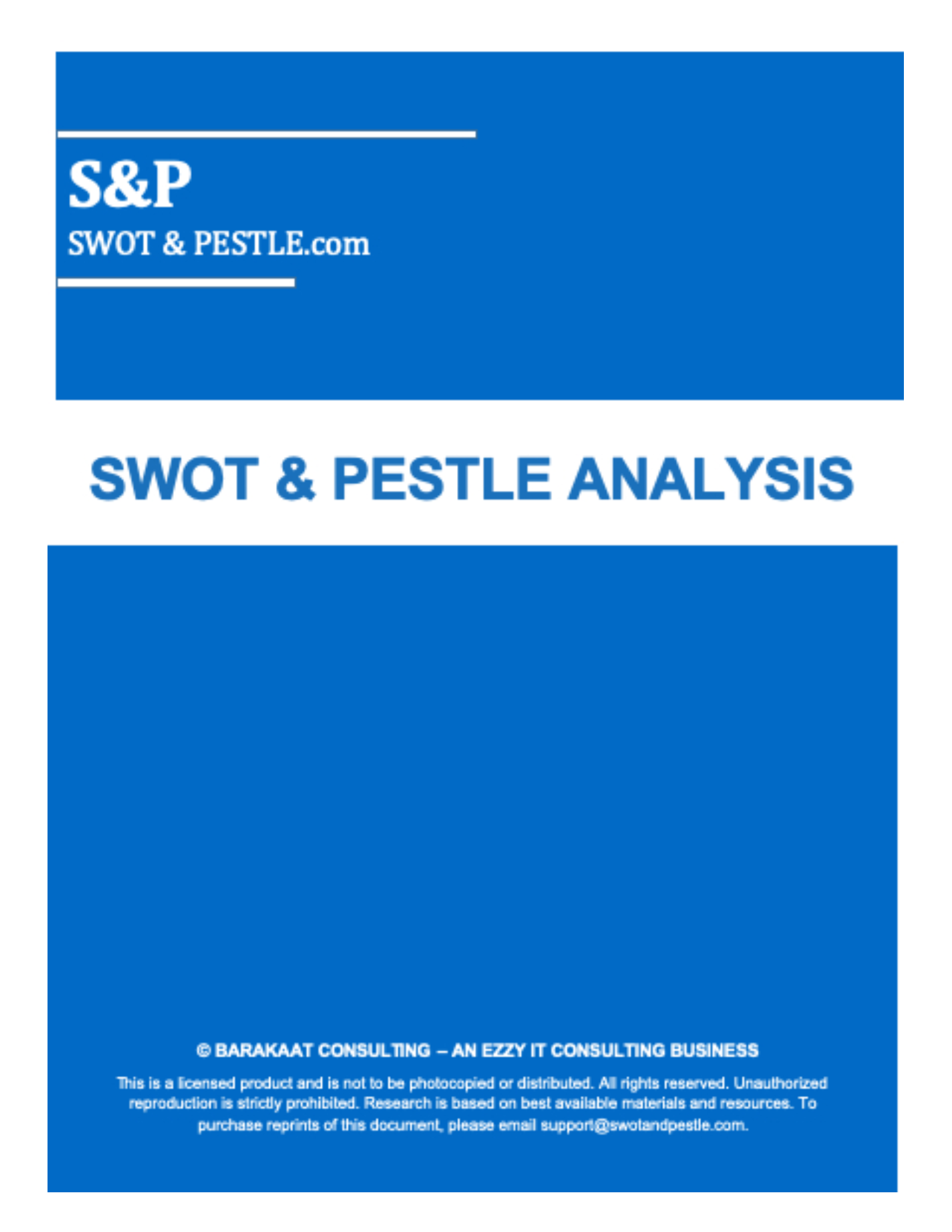COMPANY PROFILE -Volvo
Business Sector :Automobile and Construction Equipment
Operating Geography :Sweden, Europe, Global
About Volvo :
Founded in 1927, AB Volvo is a Swedish multinational automotive corporation headquartered in Gothenburg, Sweden with major focus on production, manufacturing and distribution of trucks, buses, construction equipment and marine solutions. AB Volvo group is second only to German Daimler AG in terms manufacture and production of number of heavy-duty trucks. Volvo Cars which was previously a part of Volvo group was sold off to Ford motors in 1999 and later to Chinese automobile manufacturing company Geely Holding Corp in 2010, though both AB Volvo and Volvo Cars share the same logo on their vehicles. Through its 12 brands and production facilities in 18 countries, the company manufactures and delivers trucks, buses, construction equipment, and marine and industrial engines. Apart from this, the company also provides complete solutions for financing and service to its customers. It has an impressive brand portfolio which comprises Volvo, Volvo Penta, Rokbak, Renault Trucks, Prevost, Nova Bus, Mack and Arquus. As of early 2022, the company has 100,000 employees.
Volvo’s unique selling proposition or USP lies in being one of the leading car manufacturers reputed for their safety standards and classic style quotient. Volvo’s mission statement as per their annual report is to “Driving prosperity through transport solutions.” Volvo’s vision statement as per their annual report is to “Be the most desired and successful transport solution provider in the world.”
Volvo Revenue :
SEK 338.4 billion - FY ended December 31st 2020
SEK 431.9 billion - FY ended December 31st 2019
Ownership / Major shareholders :
As of 30th June 2018, the major shareholders of the company are as follows –
1) Industrivärden (23.14%)
2) Geely Holding (15.64%)
3) Norges Bank Investment Management (5.34%)
4) SHB (5.08%)
5) Alecta (4.95%)
Competitive Analysis of Volvo
The SWOT/TOWS Analysis for Volvo is presented below:
| Strengths | Weaknesses |
1. Renowned name with strong brand equity
2. Global market leader in luxury bus segment
3. Diverse brands and product portfolio
4. Joint venture with companies in high growth economies
5. Investments in R&D and technology driving innovation
6. Volvo Australia had the biggest sales year in 2021 | 1. Stretched supply chain |
| Opportunities | Threats |
1. Electric and hybrid segment in trucks and buses
2. Joint Venture with Daimler Truck AG to develop fuel-cell systems
3. Partnership with Qualcomm to mitigate the impact of supply chain disruption
4. Capturing the Chinese market by taking over the full ownership of its car manufacturing facilities in China
5. Agreement with Isuzu will help the company capture opportunities in logistic industry | 1. Threat of takeover by Geely
2. Competition from rivals such as Scania, Daimler and new entrants such as Tesla
3. Challenges such as rising input costs has forced the company to increase its prices in India
4. Global component shortage resulting in the decline of global sales
5. Impact of Covid-19 pandemic on the truck business |
On purchase the Volvo SWOT and PESTLE Analysis PDF report will reach you within minutes. At rare times, a slight delay not exceeding 1 hour might be caused.
Detailed SWOT Analysis of Volvo
Strength
1. Renowned name with strong brand equity: Volvo since its inception has been at the forefront of designing their vehicles in such a manner that in the case of an accident or any unforeseen circumstances the passengers riding in the vehicle stay safe. Taking the safety concerns a step further the company has developed a system wherein Volvo trucks, bus and cars will be sharing real time data through their cloud-based service “Connected Safety”, the system intends to work in such a manner that it will alert the driver of the vehicle about potentially hazardous road conditions or slowdowns. As the technology undergoes further more refinement and more vehicles are linked with such system in the future it has the potential to increase the road safety of the passengers. This technology is already at work in Volvo’s traditional markets such as Sweden, the Netherlands and Norway, so as to implement it on a bigger scale the company is in talks with other government agencies to introduce this feature in other countries as well. Such systems as developed by Volvo are also being currently tested by other rival companies such as Volkswagen and Toyota.
2. Global market leader in luxury bus segment: Volvo buses have crafted a path for themselves in the marker by being synonymous and closely associated to providing a luxurious experience for the commuters, Volvo buses in many areas have revolutionized road travel for commuters. Volvo manufactures two types of buses that are meant for city travel and those meant for long distance coaches and both the segments have been vastly successful in countries like India which are highly price sensitive markets but the passengers are willing to pay more because of superior service and quality of commute and safety offered than compared to its competitors. In India, more than a million passengers commute daily in a Volvo bus and operate in more than 35 Indian cities and through their Indian subsidiary Volvo Eicher Commercial Vehicles, Volvo group have been highly successful as the company have secured orders for supplying new buses to several state transport departments.
The remaining section under "Strength" is available only in the 'Complete Report' on purchase.
Weakness
This section is available only in the 'Complete Report' on purchase.
Opportunity
This section is available only in the 'Complete Report' on purchase.
Threat
This section is available only in the 'Complete Report' on purchase.
The PESTEL/STEEPLE/PESTEL Analysis for Volvo is presented below:
| Political | Economical |
1. Increase in infrastructure spending in emerging markets will help boost commercial vehicle sales
2. Government authorities promoting use of public transportation | 1. Fluctuating crude oil prices
2. Increased focus on building new expressways and initiatives for transportation for economic growth |
| Social | Technological |
1. High significance given to safety standards and low maintenance cost
2. Decline in car ownership and inclination towards using public transport
3. Awareness among the population to shift towards sustainable alternatives | 1. Introduction of autonomous electric buses
2. Implementation of first of its kind of platooning and road chain technology
3. Integration of infotainment system
4. Introducing self-driving ‘Ride Pilot’ technology |
| Legal | Environmental |
| 1. Emissions regulations to be met for heavy-duty vehicles | 1. Focus on sustainability through various initiatives |
On purchase the Volvo SWOT and PESTLE Analysis PDF report will reach you within minutes. At rare times, a slight delay not exceeding 1 hour might be caused.
Detailed Pestle Analysis of Volvo
Political
1. Increase in infrastructure spending in emerging markets will help boost commercial vehicle sales: Developing and emerging markets such as China and India are seeing a surge in government spending in infrastructure. With the massive urbanization, China will face huge transport pressure in the future and the government is willing to spend on new automobile technologies. China has become the second largest market for Volvo and also the first foreign market which has a presence of all the Volvo’s business segments. In India, Commercial vehicle manufacturers such as Volvo-Eicher Commercial Vehicles Ltd, Tata Motors and Ashok Leyland are set to witness a surge in demand because of a slew of infrastructure projects that the Government of India has decided to build as a part of its infrastructure revamp process for which the Government of India was willing to shell out more than Rs 233,083 crores ($32.02 Billion) in 2021. Because of such high spending the truck makers are predicting a sharp rise in the demand for their products used for mining, transportation and road construction purposes. To cope up with the sudden surge in demand many truck makers such as Volvo are opting to go for capacity expansion by setting up new manufacturing facilities.
The remaining section under "Political" is available only in the 'Complete Report' on purchase.
Economical
This section is available only in the 'Complete Report' on purchase.
Social
This section is available only in the 'Complete Report' on purchase.
Technological
This section is available only in the 'Complete Report' on purchase.
Legal
This section is available only in the 'Complete Report' on purchase.
Environmental
This section is available only in the 'Complete Report' on purchase.
Major Brands :
- Volvo
- Volvo Penta
- UD
- Terex Trucks
- Renault Trucks
- Prevost
- Arquus
- Nova Bus
- Mack
Key Business Segments / Diversification :
Volvo
Trucks Buses Construction Equipment Defense Vehicles
Engines Power Systems
Financial Services
Recent Acquisition / Mergers / Alliance / Joint Ventures / Divestitures :
Open Table Preview
| Name | Business Segment | Year | Type | Objective/Synergy Achieved |
| JMC Heavy Duty Vehicle Co., Ltd. | Trucks | 2021 | Acquisition | This acquisition will help the company to start the production of heavy-duty Volvo FH, Volvo FM and Volvo FMX trucks in Taiyuan for customers in China from the end of 2022 |
| Nissan Diesel | Trucks | 2007 | Acquisition | The deal would help Volvo to expand in Asia and capitalize on the Japanese truck maker’s expertise. |
| Mack Trucks | Trucks | 2000 | Acquisition | The acquisition made Volvo group the world's second-largest maker of trucks and buses at that time |
| Renault Trucks | Trucks | 2000 | Acquisition | The acquisition made Volvo group the world's second-largest maker of trucks and buses at that time |
Source: Company website and other reliable sources. The detailed table is available in the Complete Report.
On purchase the Volvo SWOT and PESTLE Analysis PDF report will reach you within minutes. At rare times, a slight delay not exceeding 1 hour might be caused.
TABLE OF CONTENTS
DELIVERY AND FORMAT
WHY CHOOSE US?
You may also be interested in other analyses of Volvo:
-
| Volvo Porter's Five Forces Analysis |
|
-
-
| Volvo Value Chain Analysis |
|
-
| Volvo Covid-19 Impact Analysis |
|
-
-
| Volvo Segmentation, Targeting and Positioning (STP) Analysis |
|
-
| Volvo Ansoff Matrix Analysis |
|
Request for Quotation
We do not share your information with anyone. However, we may send you emails on our new reports and solutions.
Get The Free Sample
Company Overview Report
This report is shared in order to give you an idea of what the complete Company Overview Report will cover after purchase. We invest deep in order to bring you insightful research which can add tangible value to your business or academic goals, at such affordable pricing.
Get this report delivered straight into your email inbox for free.
You also agree to receive email updates from us on our new reports and solutions.
We do not share your information with anyone. However, we may send you emails on our new reports and solutions.
Request for Quotation
We do not share your information with anyone. However, we may send you emails on our new reports and solutions.
Get The Free Sample
Competitor Analysis Report
This report is shared in order to give you an idea of what the complete Competitor Analysis Report will cover after purchase. We invest deep in order to bring you insightful research which can add tangible value to your business or academic goals, at such affordable pricing.
Get this report delivered straight into your email inbox for free.
You also agree to receive email updates from us on our new reports and solutions.
We do not share your information with anyone. However, we may send you emails on our new reports and solutions.
Request for Quotation
We do not share your information with anyone. However, we may send you emails on our new reports and solutions.
Get The Free Sample
Porter's Five Forces Analysis Report
This report is shared in order to give you an idea of what the complete Porter's Five Forces Analysis Report will cover after purchase. We invest deep in order to bring you insightful research which can add tangible value to your business or academic goals, at such affordable pricing.
Get this report delivered straight into your email inbox for free.
You also agree to receive email updates from us on our new reports and solutions.
We do not share your information with anyone. However, we may send you emails on our new reports and solutions.
Request for Quotation
We do not share your information with anyone. However, we may send you emails on our new reports and solutions.
Get The Free Sample
VRIO Analysis Report
This report is shared in order to give you an idea of what the complete VRIO Analysis Report will cover after purchase. We invest deep in order to bring you insightful research which can add tangible value to your business or academic goals, at such affordable pricing.
Get this report delivered straight into your email inbox for free.
You also agree to receive email updates from us on our new reports and solutions.
We do not share your information with anyone. However, we may send you emails on our new reports and solutions.
Request for Quotation
We do not share your information with anyone. However, we may send you emails on our new reports and solutions.
Get The Free Sample
Value Chain Analysis Report
This report is shared in order to give you an idea of what the complete Value Chain Analysis Report will cover after purchase. We invest deep in order to bring you insightful research which can add tangible value to your business or academic goals, at such affordable pricing.
Get this report delivered straight into your email inbox for free.
You also agree to receive email updates from us on our new reports and solutions.
We do not share your information with anyone. However, we may send you emails on our new reports and solutions.
Request for Quotation
We do not share your information with anyone. However, we may send you emails on our new reports and solutions.
Get The Free Sample
Regulatory Outlook Report
This report is shared in order to give you an idea of what the complete Regulatory Outlook Report will cover after purchase. We invest deep in order to bring you insightful research which can add tangible value to your business or academic goals, at such affordable pricing.
Get this report delivered straight into your email inbox for free.
You also agree to receive email updates from us on our new reports and solutions.
We do not share your information with anyone. However, we may send you emails on our new reports and solutions.
Request for Quotation
We do not share your information with anyone. However, we may send you emails on our new reports and solutions.
Get The Free Sample
Risk Analysis Report
This report is shared in order to give you an idea of what the complete Risk Analysis Report will cover after purchase. We invest deep in order to bring you insightful research which can add tangible value to your business or academic goals, at such affordable pricing.
Get this report delivered straight into your email inbox for free.
You also agree to receive email updates from us on our new reports and solutions.
We do not share your information with anyone. However, we may send you emails on our new reports and solutions.
Request for Quotation
We do not share your information with anyone. However, we may send you emails on our new reports and solutions.
Get The Free Sample
Key Performance Indicators (KPI's) Report
This report is shared in order to give you an idea of what the complete Key Performance Indicators (KPI's) Report will cover after purchase. We invest deep in order to bring you insightful research which can add tangible value to your business or academic goals, at such affordable pricing.
Get this report delivered straight into your email inbox for free.
You also agree to receive email updates from us on our new reports and solutions.
We do not share your information with anyone. However, we may send you emails on our new reports and solutions.
Request for Quotation
We do not share your information with anyone. However, we may send you emails on our new reports and solutions.
Get The Free Sample
Environmental, Social, and Governance (ESG) Analysis Report
This report is shared in order to give you an idea of what the complete Environmental, Social, and Governance (ESG) Analysis Report will cover after purchase. We invest deep in order to bring you insightful research which can add tangible value to your business or academic goals, at such affordable pricing.
Get this report delivered straight into your email inbox for free.
You also agree to receive email updates from us on our new reports and solutions.
We do not share your information with anyone. However, we may send you emails on our new reports and solutions.
Request for Quotation
We do not share your information with anyone. However, we may send you emails on our new reports and solutions.
Get The Free Sample
M&A Analysis Report
This report is shared in order to give you an idea of what the complete M&A Report and Analysis Report will cover after purchase. We invest deep in order to bring you insightful research which can add tangible value to your business or academic goals, at such affordable pricing.
Get this report delivered straight into your email inbox for free.
You also agree to receive email updates from us on our new reports and solutions.
We do not share your information with anyone. However, we may send you emails on our new reports and solutions.
Request for Quotation
We do not share your information with anyone. However, we may send you emails on our new reports and solutions.
Get The Free Sample
Subsidiaries, Partnerships and Collaborations Report
This report is shared in order to give you an idea of what the complete Subsidiaries, Partnerships and Collaborations Report will cover after purchase. We invest deep in order to bring you insightful research which can add tangible value to your business or academic goals, at such affordable pricing.
Get this report delivered straight into your email inbox for free.
You also agree to receive email updates from us on our new reports and solutions.
We do not share your information with anyone. However, we may send you emails on our new reports and solutions.
Request for Quotation
We do not share your information with anyone. However, we may send you emails on our new reports and solutions.
Get The Free Sample
Stakeholder Analysis Report
This report is shared in order to give you an idea of what the complete Stakeholder Analysis Report will cover after purchase. We invest deep in order to bring you insightful research which can add tangible value to your business or academic goals, at such affordable pricing.
Get this report delivered straight into your email inbox for free.
You also agree to receive email updates from us on our new reports and solutions.
We do not share your information with anyone. However, we may send you emails on our new reports and solutions.
Request for Quotation
We do not share your information with anyone. However, we may send you emails on our new reports and solutions.
Get The Free Sample
Technology Landscape and Outlook Report
This report is shared in order to give you an idea of what the complete Technology Landscape and Outlook Report will cover after purchase. We invest deep in order to bring you insightful research which can add tangible value to your business or academic goals, at such affordable pricing.
Get this report delivered straight into your email inbox for free.
You also agree to receive email updates from us on our new reports and solutions.
We do not share your information with anyone. However, we may send you emails on our new reports and solutions.
Request for Quotation
We do not share your information with anyone. However, we may send you emails on our new reports and solutions.
Get The Free Sample
Covid-19 Impact Analysis Report
This report is shared in order to give you an idea of what the complete Covid-19 Impact Analysis Report will cover after purchase. We invest deep in order to bring you insightful research which can add tangible value to your business or academic goals, at such affordable pricing.
Get this report delivered straight into your email inbox for free.
You also agree to receive email updates from us on our new reports and solutions.
We do not share your information with anyone. However, we may send you emails on our new reports and solutions.
Request for Quotation
We do not share your information with anyone. However, we may send you emails on our new reports and solutions.
Get The Free Sample
Key News and Events Report
This report is shared in order to give you an idea of what the complete Key News and Events Report will cover after purchase. We invest deep in order to bring you insightful research which can add tangible value to your business or academic goals, at such affordable pricing.
Get this report delivered straight into your email inbox for free.
You also agree to receive email updates from us on our new reports and solutions.
We do not share your information with anyone. However, we may send you emails on our new reports and solutions.
Request for Quotation
We do not share your information with anyone. However, we may send you emails on our new reports and solutions.
Get The Free Sample
BCG Analysis Report
This report is shared in order to give you an idea of what the complete BCG Analysis Report will cover after purchase. We invest deep in order to bring you insightful research which can add tangible value to your business or academic goals, at such affordable pricing.
Get this report delivered straight into your email inbox for free.
You also agree to receive email updates from us on our new reports and solutions.
We do not share your information with anyone. However, we may send you emails on our new reports and solutions.
Request for Quotation
We do not share your information with anyone. However, we may send you emails on our new reports and solutions.
Get The Free Sample
Digital Marketing and Social Media Strategy Analysis Report
This report is shared in order to give you an idea of what the complete Digital Marketing and Social Media Strategy Analysis Report will cover after purchase. We invest deep in order to bring you insightful research which can add tangible value to your business or academic goals, at such affordable pricing.
Get this report delivered straight into your email inbox for free.
You also agree to receive email updates from us on our new reports and solutions.
We do not share your information with anyone. However, we may send you emails on our new reports and solutions.
Request for Quotation
We do not share your information with anyone. However, we may send you emails on our new reports and solutions.
Get The Free Sample
Segmentation, Targeting and Positioning (STP) Analysis Report
This report is shared in order to give you an idea of what the complete Segmentation, Targeting and Positioning (STP) Analysis Report will cover after purchase. We invest deep in order to bring you insightful research which can add tangible value to your business or academic goals, at such affordable pricing.
Get this report delivered straight into your email inbox for free.
You also agree to receive email updates from us on our new reports and solutions.
We do not share your information with anyone. However, we may send you emails on our new reports and solutions.
Request for Quotation
We do not share your information with anyone. However, we may send you emails on our new reports and solutions.
Get The Free Sample
Ansoff Matrix Analysis Report
This report is shared in order to give you an idea of what the complete Ansoff Matrix Analysis Report will cover after purchase. We invest deep in order to bring you insightful research which can add tangible value to your business or academic goals, at such affordable pricing.
Get this report delivered straight into your email inbox for free.
You also agree to receive email updates from us on our new reports and solutions.
We do not share your information with anyone. However, we may send you emails on our new reports and solutions.
Check Out Analysis of Other Relevant Companies
References used in Volvo SWOT & PESTLE Analysis Report
1. Volvo Australia has its best sales year in its history. - 4BC - https://www.4bc.com.au/podcast/volvo-australia-has-its-best-sales-year-in-its-history/
2. Volvo Cars sees 18% decline in global sales in December amid chip shortage - https://auto.hindustantimes.com/auto/news/volvo-cars-sees-18-decline-in-global-sales-in-december-amid-chip-shortage-41641440470931.html
3. Geely owned Volvo Cars buy out its parent company’s stake in China - Global Times - https://www.globaltimes.cn/page/202107/1229223.shtml?id=11
4. Volvo Group and Isuzu Motors complete UD Trucks transaction - https://www.volvogroup.com/en/news-and-media/news/2021/apr/news-3935150.html
5. Oil rally to continue in 2022 as demand outstrips supply, analysts say | Reuters - https://www.reuters.com/business/energy/oil-prices-could-hit-100-demand-outstrips-supply-analysts-say-2022-01-12/
The detailed complete set of references are available on request in the 'Complete report' on purchase.
How to Reference This Page?
You can use the following in your reference section in order to give credit to the source. For different referencing styles and detailed guidelines, please click here.
Volvo SWOT and PESTLE Analysis - SWOT & PESTLE.COM
SWOT & PESTLE.com (2024). Volvo SWOT and PESTLE Analysis - SWOT & PESTLE.com. [online] Available at: https://www.swotandpestle.com/volvo/ [Accessed 26 Apr, 2024].
In-text: (SWOT & PESTLE.com, 2024)
Copyrights and Disclaimer
Volvo SWOT and PESTLE analysis has been conducted by Deepanker Pandey and reviewed by senior analysts from Barakaat Consulting.
Copyright of Volvo SWOT and PESTLE Analysis is the property of Barakaat Consulting. Please refer to the Terms and Conditions and Disclaimer for usage guidelines.
 Safe and secure payments
Safe and secure payments
 Safe and secure payments
Safe and secure payments



